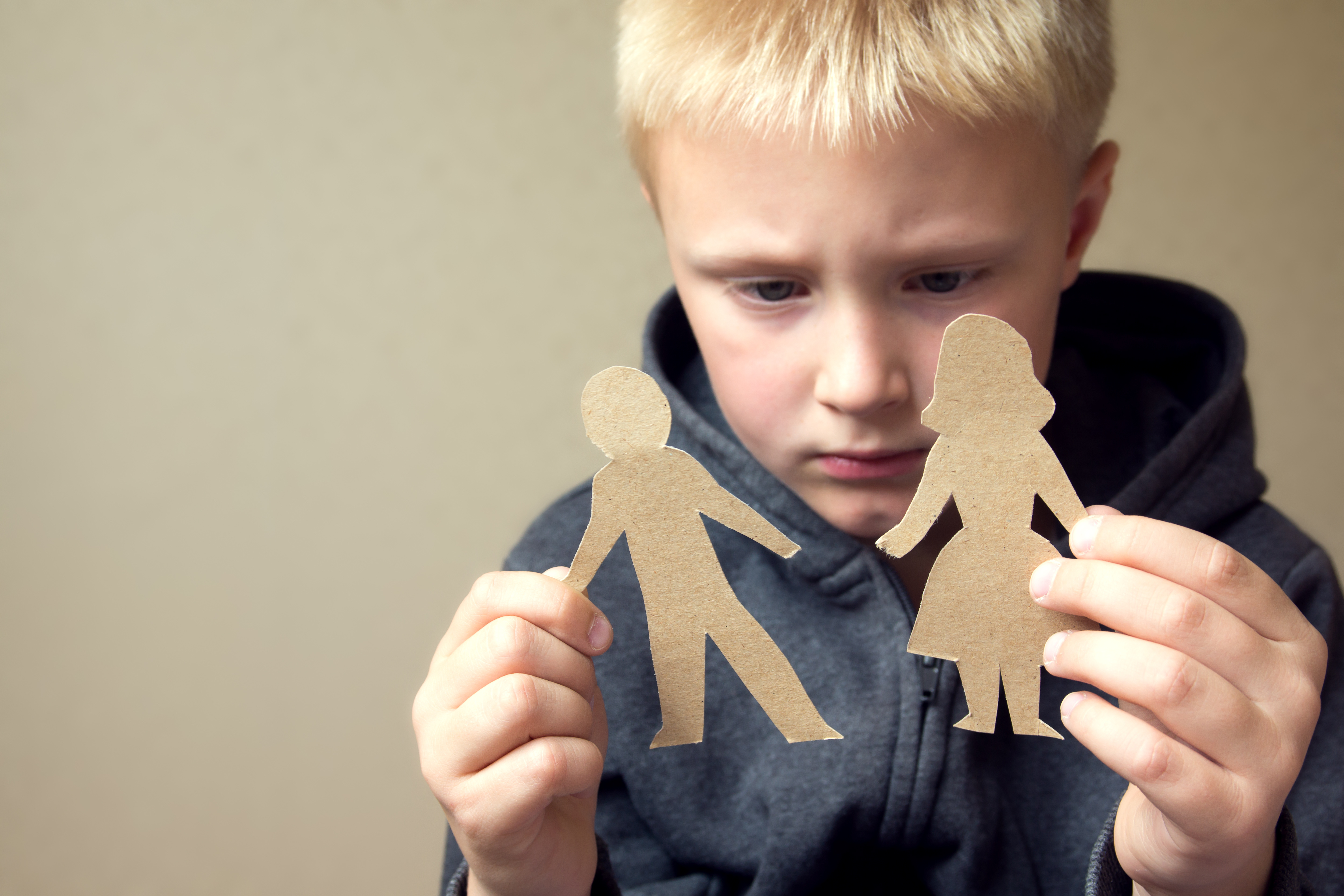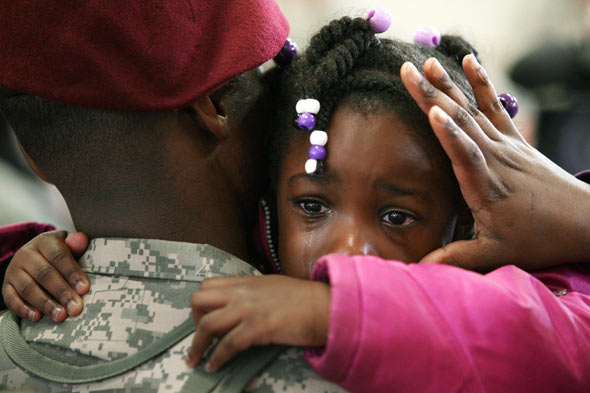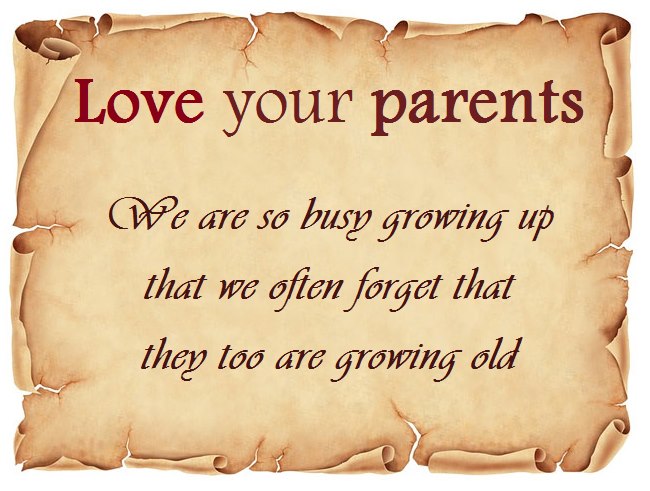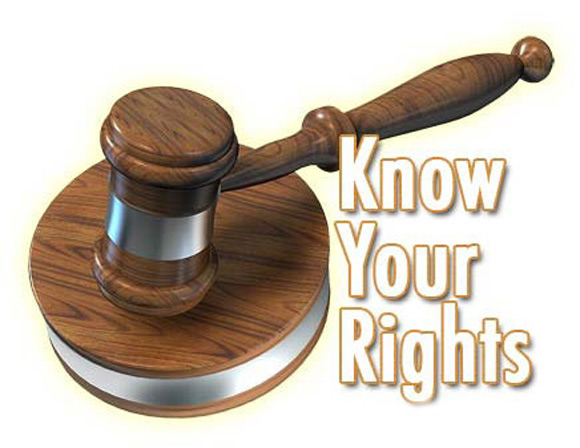Helping Your Kids Adjust To Separation Or Divorce
Getting separated or divorced is never easy for a couple. It can prove even more devastating to any children involved.
Children may experience a wide variety of negative emotions relating to the event, such as:
- guilt,
- anxiety,
- sadness,
- bewilderment,
- and more.
While there’s no such thing as a “perfect” divorce or separation, there are ways to reduce the fallout kids experience.
Be Civil
It’s devastating to children to see parents fighting back and forth before and after a separation/divorce. Fear can cause instability as well as helplessness.
Kids tend to want to fix their parents problem but eventually feel helpless when they can’t stop fights. Even if you and partner despise each other – be civil.
This will help kids feel a little calmer because, among other reasons, they see the relationship is not necessarily filled with strife and contentiousness.
Utilize Counseling if Necessary
While the most reassuring and calming words from both parents can go a long way, there are times when parental assurances fall short.
In these situations it’s important to get the kids in to see a therapist.
Having a neutral figure outside of the situation can give parents another perspective and tools to help them cope.
Avoid “Poisoning the Well”
There is often temptation by one or both parents to convince their children that a separation/divorce is the fault of the other parent.
As they mature and eventually become young adults, they will see things with their own eyes and come to conclusions about any fault that should be assigned to a parent. Parents who back stab the other party will lose when their children realize they were lied to/brainwashed into hating a parent they would have otherwise loved.
Keep All Promises
When there’s a separation/divorce, children often think the playing field in their relationships with their parents has changed. After all, if parents, who say they loved each other, have gone their separate ways, what’s to say the same won’t happen to the kid?
While this may seem hard to understand from a parent who has always showed their kids love, their young minds have a hard time grasping all the dynamics of the situation. Failing to keep promises signals to a child things have worsened, and they are an unpleasant result of a now broken relationship.
Settle Disputes Amicably
Even after a separation there can be issues that come up concerning the kids. If a calm, considerate dialogue cannot be maintained, use a mediator.
There are services available to help alienated parents. It will keep kids from thinking they’re a problem that causes arguments.
Most importantly, don’t use the children as a bargaining chip in an attempt win a dispute. Kids don’t want to feel like a pawn in their parent’s angry game.
Numerous studies following the same children over a 20 year period are showing a dark and difficult picture of divorced children with long-term adverse effects lasting well into adulthood. Click here to read more.






